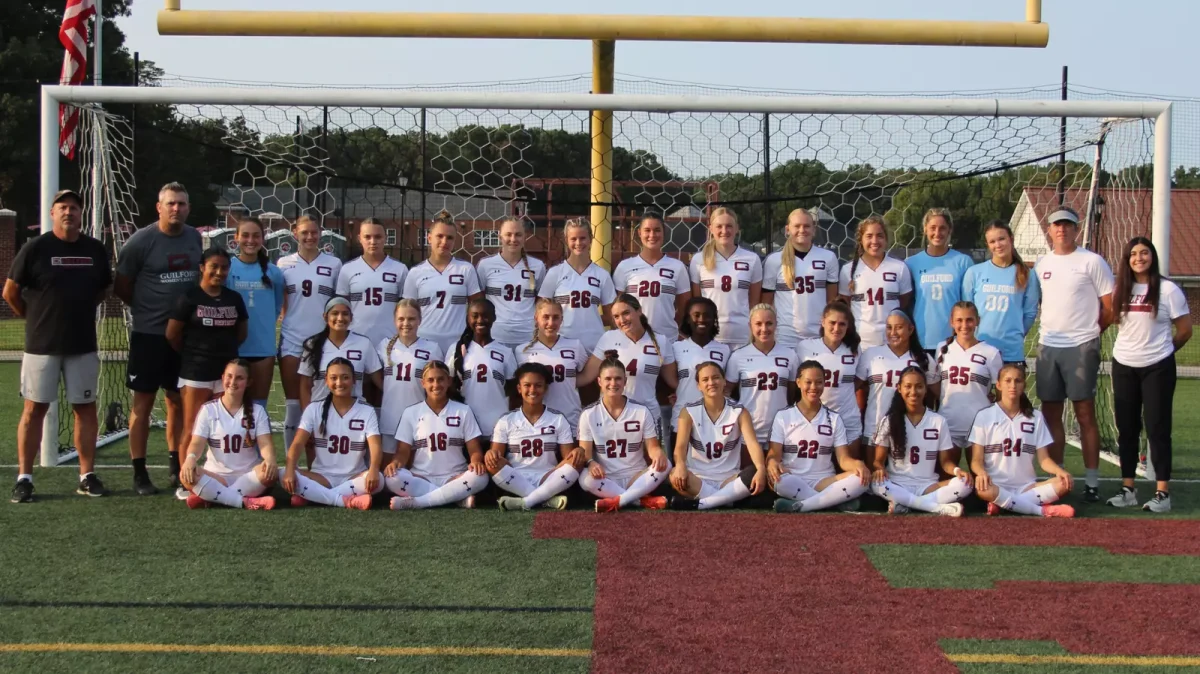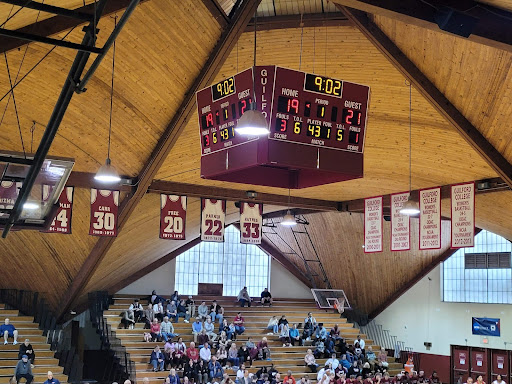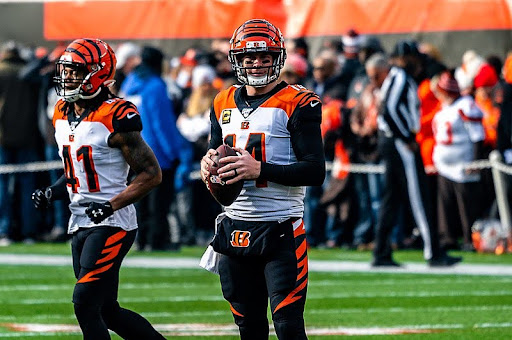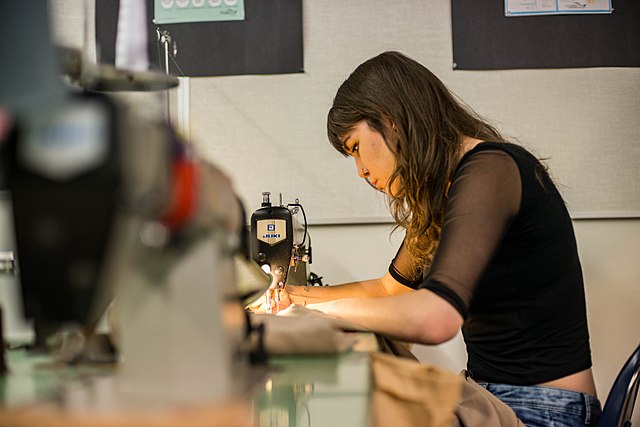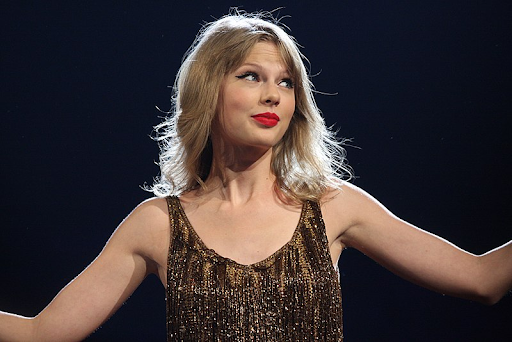How much money is one’s face worth?
EA Sports answered this question by settling with the Ed O’Bannon-Sam Keller lawsuit for $40 million on Sept. 27.
The payout may affect over 100,000 current and former football and basketball players. It is uncertain the amount players will pocket after taxes and lawyer fees.
“Right now, under what the NCAA calls amateurism … the athletes sign away anything they can financially derive from their image being used,” said Bob Malekoff, associate professor of sports studies. “Some people feel like maybe that’s okay when they are actually playing the sport in the school, but (in the) the O’Bannon case, (he’s) graduated and (they’re) still using (his) image.”
Four years ago, former Nebraska quarterback Sam Keller and former University of California Los Angeles forward Ed O’Bannon sued EA Sports, Collegiate Licensing Company and the National Collegiate Athletic Association on behalf of all college athletes’ “likenesses” in the EA Sports Football and basketball videogames.
In this case, the term “likeness” refers to the fact that the nameless characters reflect the real athletes in appearance, stats and jersey numbers.
“The whole game is based on the players,” said Matt Pawlowski, sophomore quarterback and fan of EA sports series, in an email interview. “EA does research to make the players skill set in the game as close as possible to what it actually is in real life.”
The outcome of the case challenged player rights after graduation and also raised questions about amateurism.
“The lawsuit has potential to reach the United States Supreme Court,” Chris Fuhrmeister said in his article for SB Nation.
Because the NCAA generates revenue through media and merchandise, both centered on the players, the NCAA is not backing down on their side of the case, unlike EA Sports and Collegiate Licensing Company who have settled.
“It could also totally change the college fiscal financing model … which would hurt the schools but could also hurt athlete’s indirectly if they couldn’t provide the same services to them,” Malekoff added.
As it all returns to a debate of value, opinions vary.
“These top-level student-athletes’ are treating college athletics as a minor league program,” said head football coach Chris Rusiewicz. “But really, it’s no different than the person who gets great grades that’s getting the academic scholarship. In my opinion, the student-athlete is going to get an education.”
Regardless of the case’s outcome, EA Sports will not make a 2014 college football videogame.
“I personally am upset that the release of future NCAA games will be delayed,” said Pawlowski. “It is one of my favorite games to play, especially being a college football player myself.”
Sophomore offensive lineman Corey Gordy concurred about the damage the delay does to the fan base.
“I don’t like it because they are taking away from their fans, just because they are being selfish,” said Gordy. “The athletes are getting a scholarship, and that’s a lot more than most people are getting.”
With scholarships, extra benefits and the amateurism clause, this is a multifaceted issue.
As the lawsuit continues with the NCAA, the courts will continue to ponder— at what value is an athlete’s visage?


